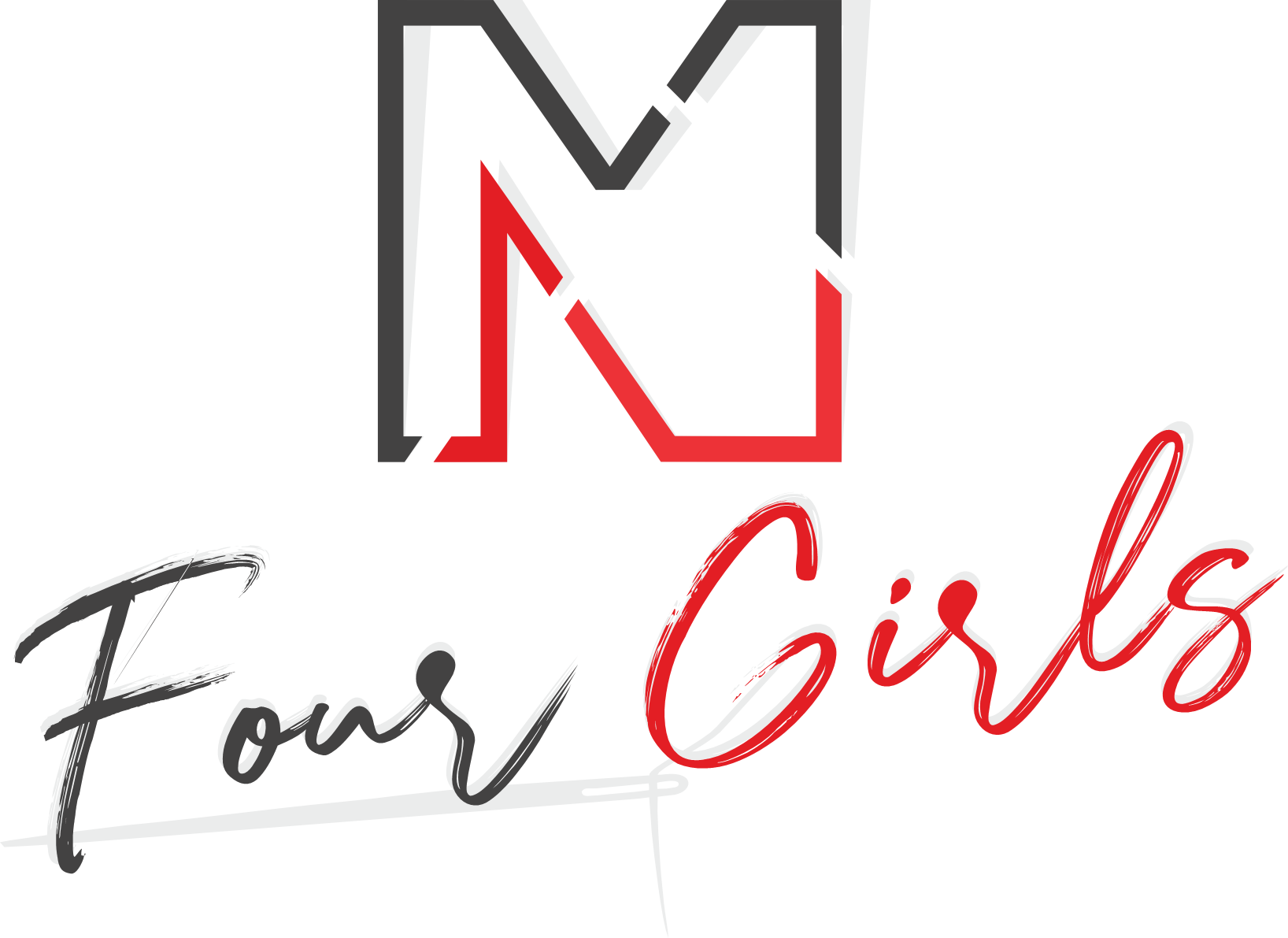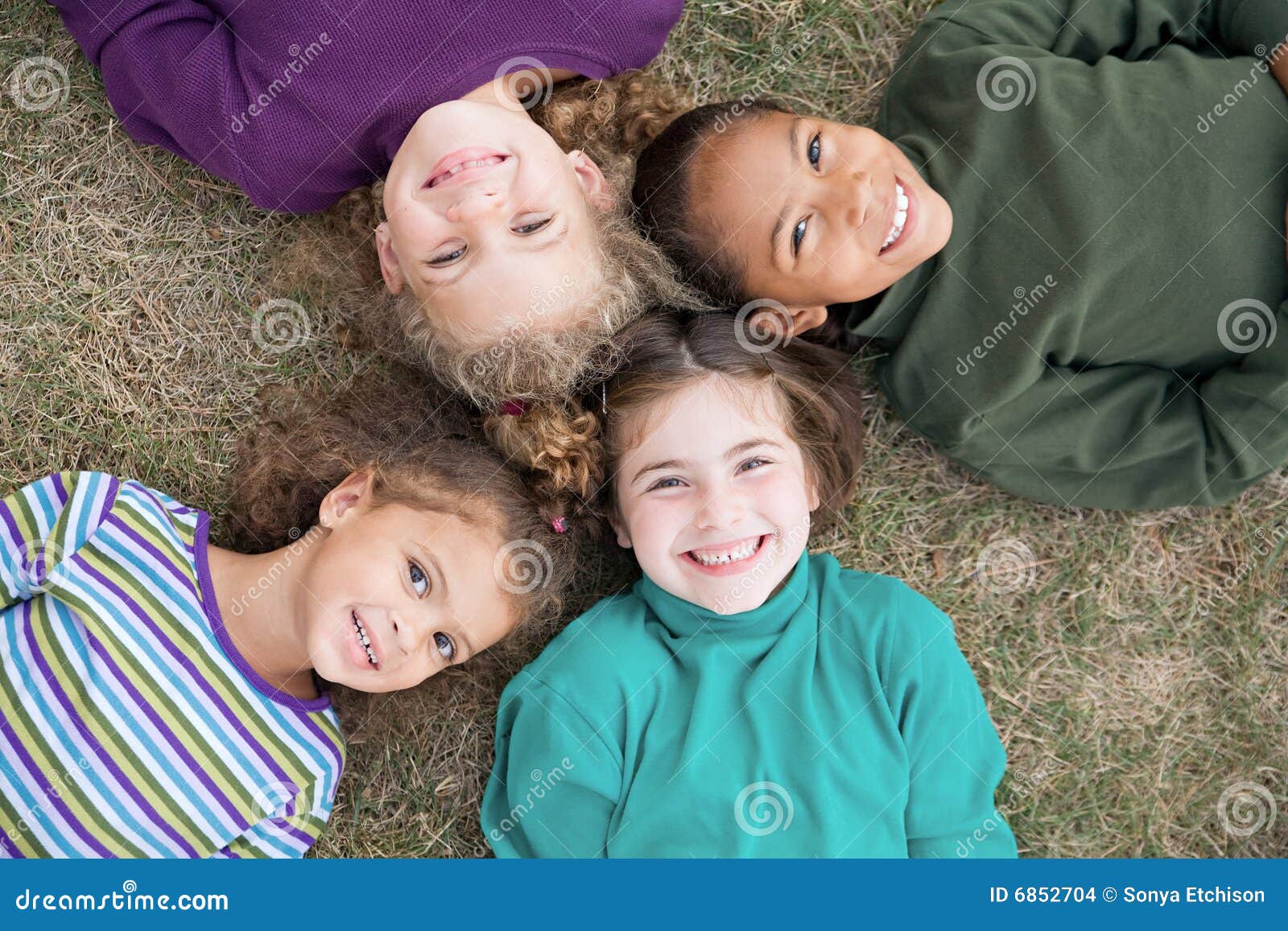Four Girls One Fingerpaint has become a popular topic in the world of creative collaboration. It represents the concept of teamwork, creativity, and innovation in art. This phenomenon showcases how multiple artists can come together to create something extraordinary through finger painting. Whether you're an art enthusiast or simply curious about this unique form of expression, this article will provide you with everything you need to know.
This guide delves into the fascinating world of collaborative art, focusing on the four girls and their journey in finger painting. We will explore the history, techniques, tools, and tips for creating stunning finger paintings. Additionally, we will discuss the importance of collaboration in the art world and how it can inspire creativity.
By the end of this article, you'll have a deeper understanding of the concept behind Four Girls One Fingerpaint and how it has influenced modern art. Let's dive in and discover the magic of collaborative creativity.
Read also:Who Is Gavin Creels Partner Unveiling The Life Of A Broadway Star
Table of Contents
- Biography of the Four Artists
- History of Finger Painting
- Techniques Used in Finger Painting
- Tools and Materials for Finger Painting
- The Role of Collaboration in Art
- Tips for Creating Stunning Finger Paintings
- Benefits of Collaborative Art
- Challenges in Collaborative Projects
- Examples of Collaborative Art
- The Future of Collaborative Art
Biography of the Four Artists
Who Are the Four Girls?
The Four Girls are renowned artists who specialize in finger painting. They have gained international recognition for their unique approach to collaborative art. Below is a brief overview of each artist:
| Name | Age | Country of Origin | Specialty |
|---|---|---|---|
| Amy Lee | 28 | USA | Abstract Art |
| Sophia Martinez | 32 | Mexico | Landscapes |
| Emma Chen | 30 | China | Portraits |
| Lucy Thompson | 29 | UK | Still Life |
These artists have come together to form a unique collaborative team that specializes in finger painting. Their diverse backgrounds and specialties contribute to the richness of their work.
History of Finger Painting
Origins and Evolution
Finger painting has a rich history that dates back thousands of years. It originated in ancient China, where artists used their fingers to create intricate designs on silk and paper. Over time, the technique spread to other parts of the world, gaining popularity in Europe during the Renaissance.
Modern finger painting emerged in the 20th century, with artists like Jackson Pollock experimenting with unconventional methods. Today, finger painting continues to evolve, with artists like the Four Girls pushing the boundaries of creativity and collaboration.
Techniques Used in Finger Painting
Mastering the Art of Finger Painting
Finger painting involves several techniques that artists use to create stunning works of art. Below are some of the most common techniques:
- Blending: Combining colors seamlessly to create smooth transitions.
- Stenciling: Using stencils to create precise shapes and patterns.
- Texturing: Adding texture to the painting by layering paint.
- Layering: Building up layers of paint to achieve depth and dimension.
These techniques require practice and patience, but they can help artists achieve remarkable results.
Read also:Season 3 Of Heaven Officials Blessing What Fans Can Expect And Why It Matters
Tools and Materials for Finger Painting
Essential Items for Your Artistic Journey
To get started with finger painting, you'll need the right tools and materials. Below is a list of essentials:
- Fingerpaints: High-quality, non-toxic paints specifically designed for finger painting.
- Brushes: Various sizes and shapes for detail work.
- Canvas: Choose from paper, fabric, or traditional canvas surfaces.
- Smocks: Protect your clothing from paint stains.
Investing in quality materials will enhance your finger painting experience and improve the final result.
The Role of Collaboration in Art
Why Collaboration Matters
Collaboration plays a crucial role in the art world, fostering creativity, innovation, and growth. When artists work together, they bring diverse perspectives and skills to the table, resulting in unique and captivating works of art.
The Four Girls exemplify the power of collaboration, demonstrating how teamwork can lead to extraordinary outcomes. Their finger painting projects showcase the beauty of shared creativity and mutual respect.
Tips for Creating Stunning Finger Paintings
Expert Advice for Aspiring Artists
Whether you're a beginner or an experienced artist, these tips will help you create stunning finger paintings:
- Experiment with different colors and textures to find your style.
- Practice regularly to improve your technique and confidence.
- Collaborate with other artists to gain new insights and ideas.
- Stay inspired by exploring various art forms and styles.
By following these tips, you'll be well on your way to mastering the art of finger painting.
Benefits of Collaborative Art
Why Collaborative Art is Worthwhile
Collaborative art offers numerous benefits, both for the artists involved and the audience. Below are some of the key advantages:
- Creativity: Working with others inspires new ideas and approaches.
- Learning: Artists can learn from each other's techniques and styles.
- Community: Collaboration fosters a sense of community and belonging.
- Innovation: Diverse perspectives lead to innovative and groundbreaking works.
These benefits highlight the importance of collaboration in the art world and beyond.
Challenges in Collaborative Projects
Overcoming Obstacles in Teamwork
While collaboration has many advantages, it also presents challenges. Some common obstacles include:
- Communication: Ensuring everyone is on the same page can be difficult.
- Conflict: Differences in opinion and style may lead to disagreements.
- Time Management: Coordinating schedules and deadlines can be challenging.
Despite these challenges, successful collaboration requires patience, understanding, and compromise.
Examples of Collaborative Art
Inspiration from Around the World
Throughout history, there have been countless examples of collaborative art projects. Below are a few notable ones:
- The Sistine Chapel Ceiling: Painted by Michelangelo and his assistants.
- The Bauhaus Movement: A school of art and design that emphasized collaboration.
- Four Girls One Fingerpaint: A modern example of collaborative finger painting.
These projects demonstrate the power of collaboration in creating lasting and impactful works of art.
The Future of Collaborative Art
What Lies Ahead for Collaborative Art
The future of collaborative art looks bright, with advancements in technology and globalization making it easier than ever for artists to work together. Virtual platforms and digital tools allow artists from all over the world to collaborate on projects without geographical constraints.
As the art world continues to evolve, the importance of collaboration will only grow. Artists like the Four Girls are leading the way, showing us the potential of teamwork and shared creativity.
Conclusion
In conclusion, Four Girls One Fingerpaint represents a fascinating example of collaborative art in the modern world. By exploring the history, techniques, tools, and benefits of finger painting, we gain a deeper understanding of this unique form of expression. Collaboration plays a vital role in the art world, fostering creativity, innovation, and growth.
We invite you to share your thoughts and experiences in the comments below. Are you inspired to try finger painting yourself? Have you collaborated on an art project with others? Let us know, and don't forget to explore more articles on our website for further inspiration and knowledge.

